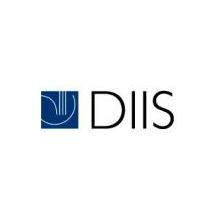Resource information
Land, and in particular agricultural land, is central to livelhoods in rural Zambia. Zambia is characterised by a dual legal system of customary and statutory law and by dual land tenure, with state land and customary land. A first wave of socialist-oriented reforms took place after independence in 1964, which abolished previously existing freehold land in favour of leasehold. Subsequent changes in government policies under the influence of structural adjustment programmes and a new government in 1991 paved the way for a market-driven land reform. The 1995 Lands Act introduced the privatization of land in Zambia and provided for the conversion of customary into state land, with the hope of attracting investors. However, the Act has been unevenly implemented, at least in rural areas, in part due to problems plaguing the land administration institutions and their work, in part due to opposition to the main tenets of the Act from chiefs, the population and civil society. Civil society, with donor support, calls for more attention towards women’s precarious situations with regard to access to and ownership of land under customary tenure, but it still expresses a desire for customary tenure to remain. However, civil society also recognizes that customary practices are often also discriminatory towards women who depend on male relatives for access to land.

